|
At this time, many of us in the Western world are coming out of our Covid cocoons, and are beginning to resume the communal activities of socializing with friends and relatives, sharing meals, and walking and talking without masks, given the recent CDC recommendations. Although here in the U.S., we’re experiencing a flattening of the COVID curve, as restrictions are being lifted, the psychological effects of lockdowns, loneliness, boredom, illness, job loss, and the grief that comes with these losses, lingers. The pandemic hasn’t ended, and neither has the pervasive feeling of uncertainty about the COVID variants that could possibly evade the vaccine’s protective barrier. Although more people are returning to work and schools, and businesses are reopening, many are still feeling the effects of the pandemic and are unsure about how to re-enter their new “abnormal” life.
Indra’s net
One of the well-known metaphors that Buddhism use s to portray the interconnectedness of all life is the image of the god Indra and his mythological net of jewels. Indra’s net symbolizes the universe as a web of interdependent connections among all of its members, stretching out infinitely in all directions. Each jewel both reflects and is reflected by all the others, illustrating the principle that whatever affects one jewel, affects them all. The Enemy Maker
Start with an empty canvas Sketch in broad outline the forms of men, women, and children. Dip into the unconscious well of your own disowned darkness with a wide brush and stain the strangers with the sinister hue of the shadow. Trace onto the face of the enemy the greed, Hatred, carelessness you dare not claim as Your own…. Exaggerate each feature until man is Metamorphosized into beast, vermin, insect…. When your icon of the enemy is complete You will be able to kill without guilt, slaughter without shame…. by Sam Keen Recently, human rights defenders took to the streets of New York, Washington, D.C., and other cities to demand an end to violence and hatred against Asian Americans in the wake of a mass shooting in Georgia,--six of whom were women of Asian descent. This recent wave of racist attacks have surged during the coronavirus pandemic. Such hateful racism is despicable, but unfortunately, not new. It speaks to something within our psyche that is as old as our human history, yet it needs to be unpacked and made part of our public discourse, again and again. The Covid pandemic is literal and needs to be treated as such, but it is also a metaphor for the psychic viruses within ourselves that we attempt to disown and project onto others. The Road Not Taken
Two roads diverged in a yellow wood, And sorry I could not travel both And be one traveler, long I stood And looked down one as far as I could To where it bent in the undergrowth; Then took the other... I shall be telling this with a sigh Somewhere ages and ages hence: Two roads diverged in a wood, and I— I took the one less traveled by, And that has made all the difference. by Robert Frost We are driven to be ourselves and this is the creative human task. To that end, we mold the raw substance of our life to create an identity so that we can be at home in the world and comfortable in our own skin. We establish livelihood, raise children and assume responsibility for a family, nourish our intimate relationships, and cultivate a sense of community with like- minded friends. However, the very things that provide us with this sense of home, also make a claim upon us. They reinforce our idea of ourselves and exert a palpable expectation that we don’t stray too far from how they see us. The Second Coming
Turning and turning in the widening gyre The falcon cannot hear the falconer; Things fall apart; the centre cannot hold; Mere anarchy is loosed upon the world, The blood-dimmed tide is loosed, and everywhere The ceremony of innocence is drowned; The best lack all conviction, while the worst Are full of passionate intensity…. William Butler Yeats This well known poem by Yeats is remarkably prescient, as we are experiencing a global pandemic, disastrous climate disruption, the extinction of countless species, extreme political polarization and conflict, a rupture in our social networks and for many, the loss of their livelihood. Things have indeed fallen apart. Life for many of us no longer conveys a coherent or meaningful picture—but only a fragmented image of our former life. At such an ambiguous and uncertain time, it's easy to get derailed and succumb to feelings of powerlessness and confusion, depression and anxiety. Or we grew increasingly numb, feeling overwhelmed by contradictory information from our politicians and the media. Meditation involves mindful attention to what arises in our experience. But it also helps us cultivate panoramic awareness that sharpens our ability to make connections and see parallels that were hiding in plain sight.
Consider the following description of the prenatal passage: initially, the maturing embryo floats effortlessly within the maternal amniotic sac, safe and secure within its mother’s womb. By the close of the third trimester, as the fetus is ending its intrauterine life, the uterus begins to violently contract, launching the fetus’ painful process of separation from its home. Through a series of spasmodic contractions, it is ejected through the constricted passageway of the birth canal, and a dramatic life-and-death struggle ensues. This is followed by the shocking miracle of physical birth, the severing of the umbilical cord, and the first gasp of air—initiating the infant into a realm of unimaginable possibilities. My intention in writing these blogs is to suggest alternative ways of looking at where we find ourselves when our world is going through such a momentous transition. Our old life is being stripped away and we’re being initiated into a strange new world. This is a time of extraordinary losses, and sorrow and grief keep company with us. Like the AIDS virus that paired the most pleasurable erotic experience with death, now it is our natural yearning to connect with loved ones that is associated with possible contagion, debilitating illness and death.
Wild Geese
You do not have to be good. You do not have to walk on your knees For a hundred miles through the desert, repenting. You only have to let the animal of your body Love what it loves. Tell me about despair, yours, and I will tell you mine. Meanwhile the world goes on. Meanwhile the sun and the clear pebbles of the rain Are moving across the landscapes, Over the prairies and the deep trees, The mountains and the rivers. Meanwhile the wild geese, high in the clean blue air, Are heading home again Whoever you are, no matter how lonely, The world offers itself to your imagination, Calls to you like the wild geese, harsh and exciting, Over and over announcing your place In the family of things. By Mary Oliver I believe that we each have something significant to contribute to the collective story that can shape the way that we live and positively impact the quality of life of others. In order to genuinely participate in the larger story, our personal narrative must be inclusive of all that we are, so that we don't marginalize the shadow elements that move invisibly within us which shape our thoughts, feelings and behaviors. When our story accurately reflects who we are and where we are in our life, we can find the courage to step forward into an unchartered future.
Samsara has been defined as wanting what you can't get and getting what you don't want. Disappointment sobers us up from wishful thinking and levels the playing field, inspiring us to seriously question our beliefs about ourselves and our life. Disappointment can provoke a spiritual quest.
Imagine that on a bright sunny day you visit a neighborhood park. Families are sitting on blankets, sharing food and drinks and enjoying their company. Young couples are playfully tossing a frisbee while their dog chases in mad pursuit, and brightly colored balloons strung to a family's picnic table are bobbing in the air amidst the joyous laughter and raucous shouts of children. All is well here. Feeling relaxed and at peace, you lie down on your blanket and fall asleep. You sleep soundly, but upon awakening, you discover that the park is deserted but for one or two adults picking up trash. The temperature has dropped and ominous clouds are rolling in. You wonder if you dreamt that idyllic scene of children laughing, frisbees spinning, and balloons dancing in the air. Unfamiliar feelings of vulnerability and disorientation now take hold of you. By today’s sociological standards midlife ranges between approximately 40 to 60 years of age. Initially, it might announce itself with the question, "Is this it? Is this all there is?" We might feel a vague sense of stagnation, at a loss for how to go forward. By the time we reach the midpoint of our lives, imperceptibly, something may have changed deep within us, as if our personal atmosphere flattened in tone, became somewhat gray and indistinct. Our days and weeks may seem to run together, merging into dull normalcy. In the background of our lives we might feel a vague sense of disenchantment, as we yearn for something more.
The motivation to embark on a spiritual path comes from the uncompromising experience of dissatisfaction. Plodding along day after day we might suddenly realize that we've been on a plateau without having experienced anything new, fresh, eventful, or uplifting for a very long time. There’s no longer a song in our heart, yet we feel compelled to keep the beat going, dutifully walking the tried and true way of many yesterdays, until one day when we can no longer postpone the urgent need to cut the rope and be free.
The spiritual passage begins with questioning some of our cherished assumptions about who we are and whether the life we have chosen for ourselves has been a conscious choice. By considering these questions we retreat from the world into our own depths where great challenges wait for us. Perhaps our life has stopped growing in meaningful ways. Although we may not be suffering grossly, we’re not looking forward to anything either. We’re getting through our days, eating, sleeping, paying bills, going to work, and dying a little bit every day. This might be analogous to the Buddha’s first noble truth of suffering. It's the first blessing on the path of self discovery because it can provoke a question that burns in our heart.
Many of us have probably had moments when we stepped through a portal which became a passageway to the next chapter of our life—the next relationship, the next job, the next place to live, or perhaps our status abruptly changed as we became a parent, a widow, a retiree, or a disabled person. There are two fundamentally different but complementary states that we can be in—being or doing. We live in an action-oriented, “doing” culture, where efficiency and achievement are valued. “Being”, on the other hand, is associated with idleness, having nothing to do, simple relaxation, or taking time out for reducing stress. Being is commonly regarded as a valueless interval between doing necessary things, as having no intrinsic meaning, value, or purpose in itself. However, from a meditator's perspective, being is the only time when we’re without our agenda, where our mind and heart are unguarded, where we allow ourselves to experience the moment without manipulating what arises.
Meditation is like sitting by the bank of a great stream. The stream’s relentless currents carry our many memories, our rich tapestry of experiences, both painful and pleasurable, as well as our anticipation of what’s just yet to come. Our job as a meditators is to remain on the bank of the stream without falling into it's turbulent currents. The fact of aging is not a problem, but our ideas of aging are. Aging reminds us that we’re mortal and that time will run out on us. It’s a wakeup call that we have to ease our grip on whomever or whatever we're holding, so that we travel lightly. This gesture of surrender permits our human journey to evolve, but we have great resistance to letting go because it confronts us with uncertainty.
The irony is that if we’re not able to die, in the sense of letting go, then we’re really not able to live fully. Without an ever present sense of impermanence, life is insipid. Our awareness and benign acceptance of our necessary mortality can heighten our love of life. In the esoteric schools of spiritual practice, the left-hand path refers to the more radical understanding and methods for discovering enlightenment where we’d least expect to find it. The left-hand path, sometimes known as tantra, includes the teaching of the five wisdom energies which are associated with the basic elements of earth, water, fire, wind, and space, that we all possess. These energies have the power to re-spark our sacred or magical connection with life, the life we may remember from childhood.
|






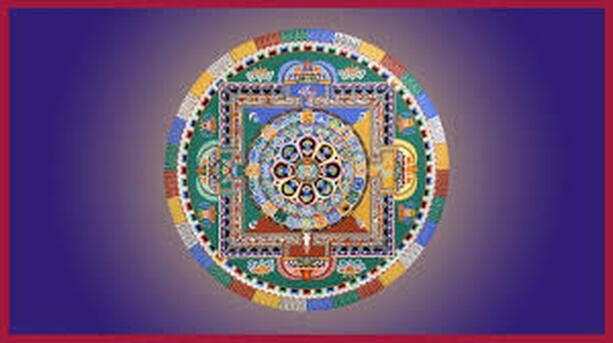
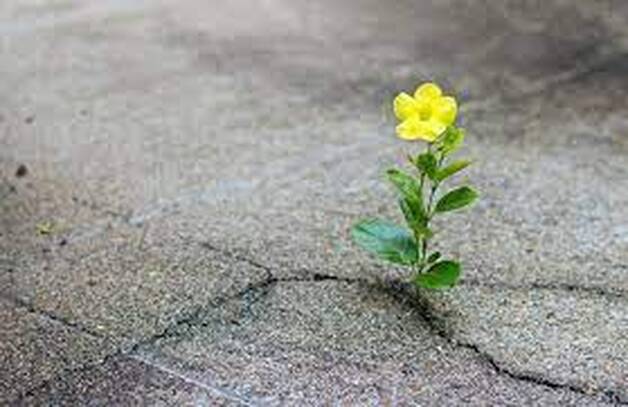
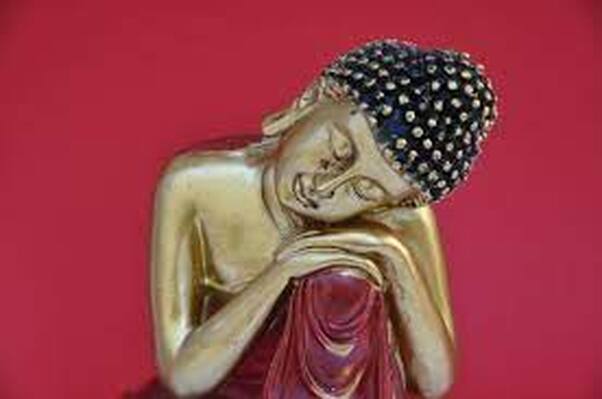
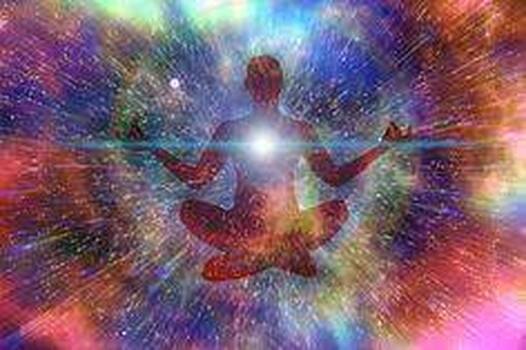
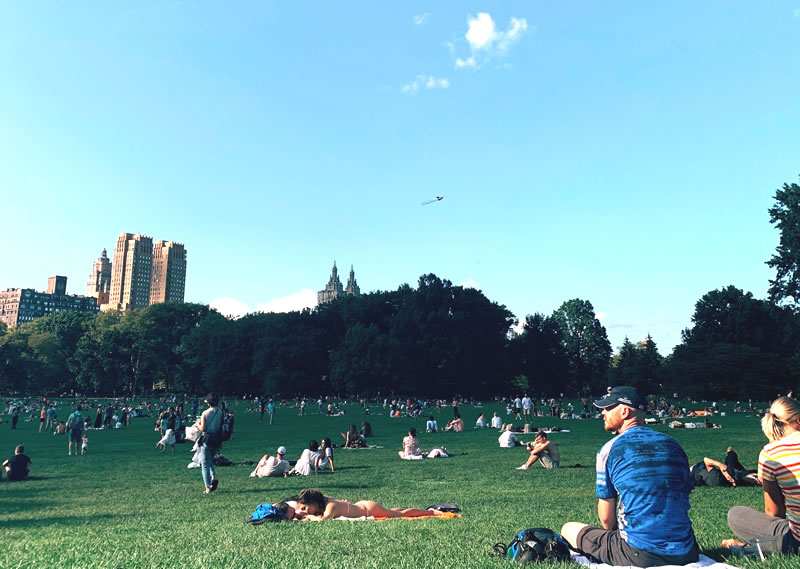
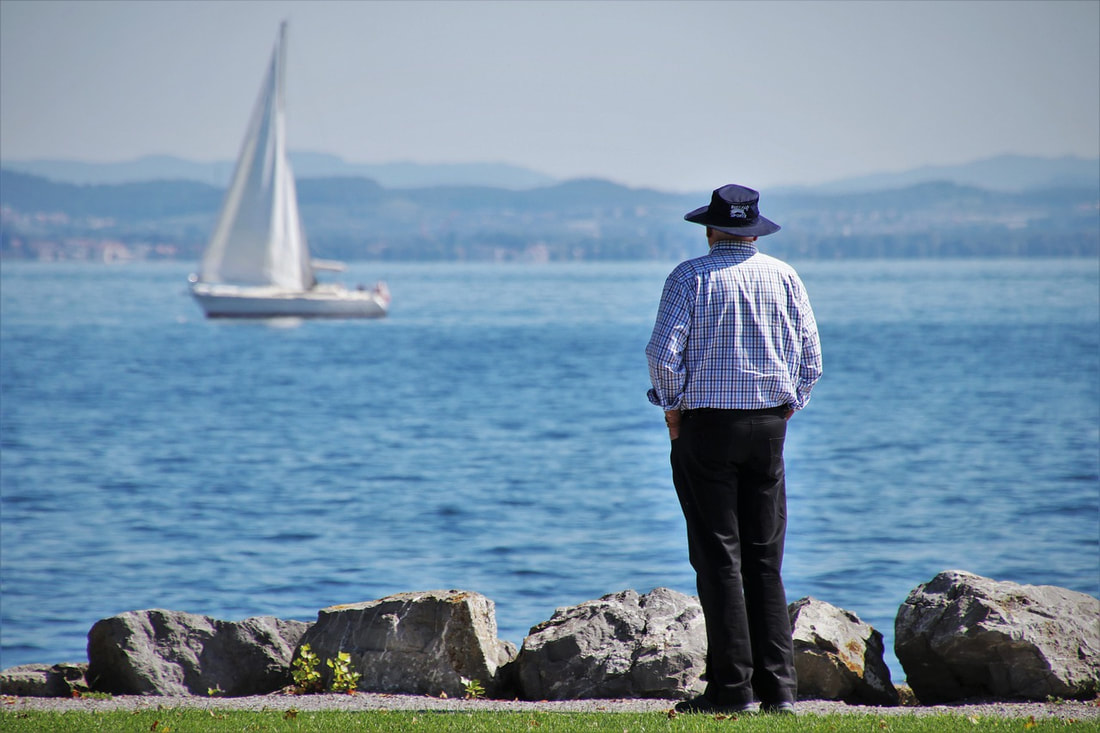



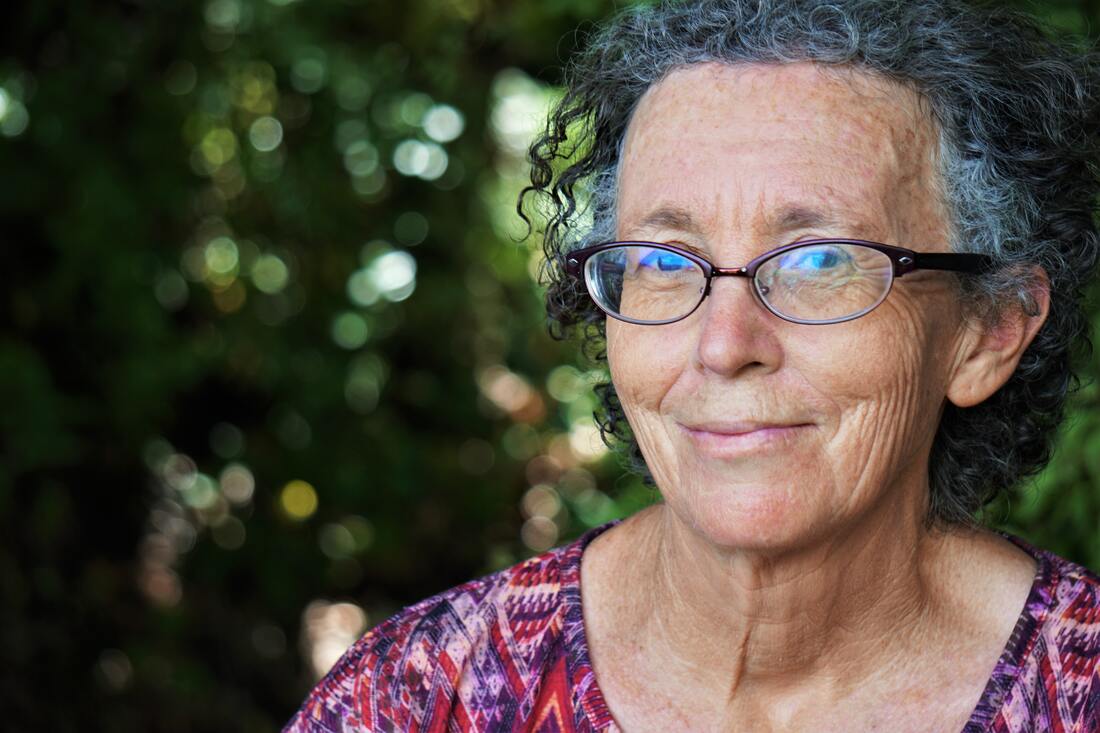
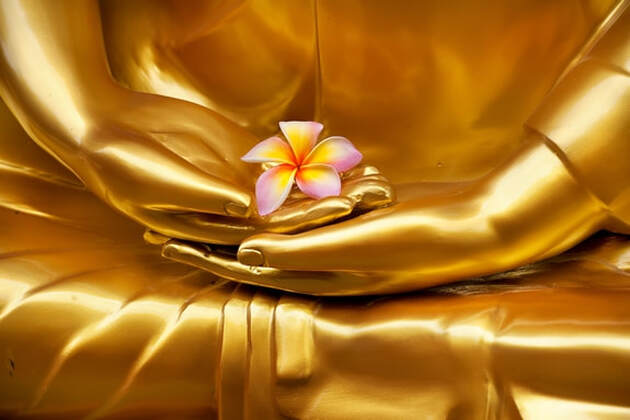
 RSS Feed
RSS Feed